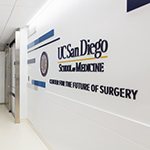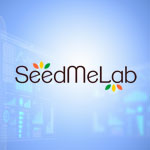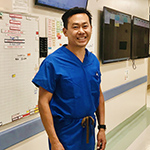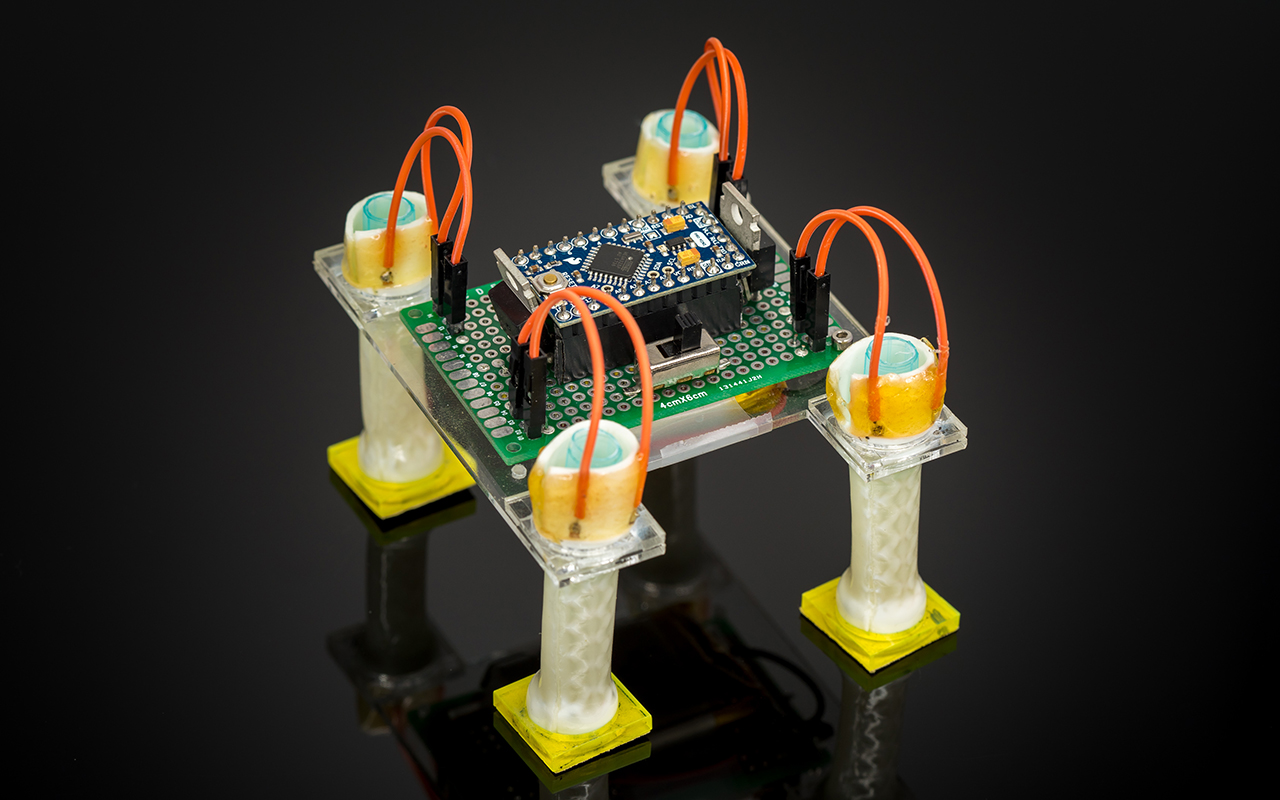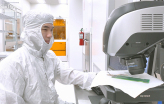Center for Future of Surgery Expands at UC San Diego School of Medicine
Health & BehaviorIn Fall 2019, the Center for the Future of Surgery at UC San Diego School of Medicine expanded to address the newest surgical trends, especially those benefiting the brain and the nervous system.



